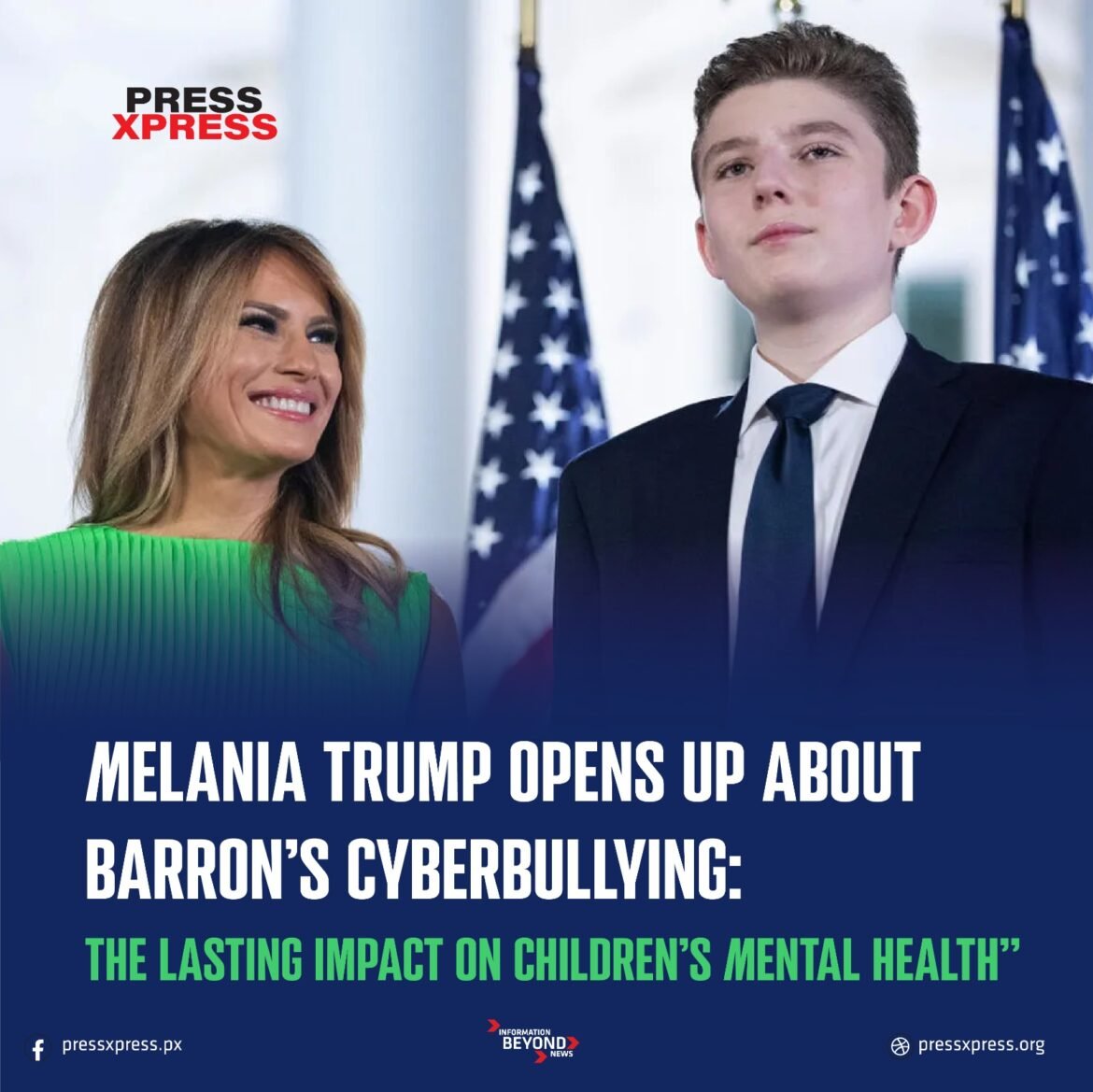In her new memoir Melania, the former First Lady of the United States shares a painful experience about her son Barron, who was targeted by online bullies following unfounded rumors about autism. The controversy began in 2016 when Rosie O’Donnell, a long-time critic of Donald Trump, shared a video speculating about Barron’s behavior. At just 10 years old, Barron was suddenly thrust into the spotlight, subjected to cruel mockery and bullying.
Melania describes the experience as heartbreaking, revealing that it was “devastating as a parent” to see her son endure such unnecessary cruelty. She highlights how Barron’s ordeal reflects the lasting damage online bullying can cause to a child’s self-esteem and mental health.
Arouba Kabir, a mental health expert, explains that cyberbullying can severely impact children whose nervous systems are not fully developed. Isolation is a common response, with children withdrawing socially out of fear of ridicule. Kabir points out that this can lead to deeper issues like anxiety, depression, and even chronic stress. Without intervention, these effects can persist into adulthood, affecting a child’s overall well-being.
The incident with Barron Trump underscores the need for collective action against cyberbullying. Parents, schools, and communities must work together to create safe spaces where children feel supported and protected. By fostering a culture of kindness and vigilance, communities can help prevent the kind of harm that Barron experienced and ensure that every child can grow up in a nurturing environment.


